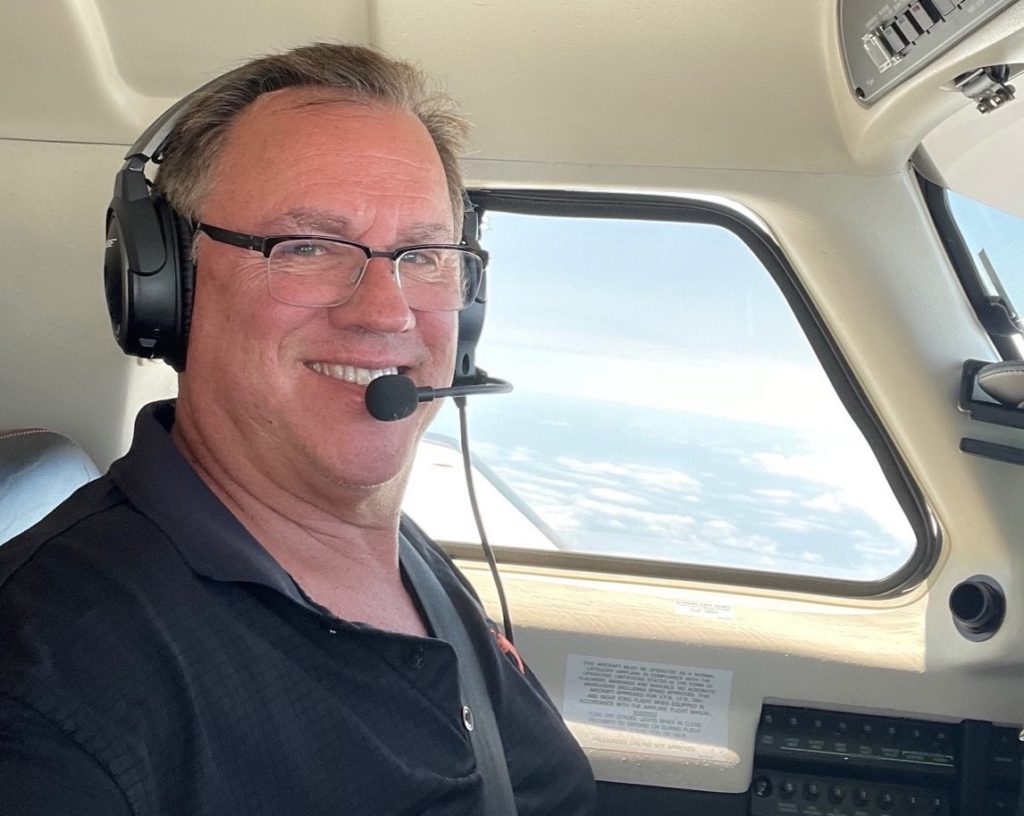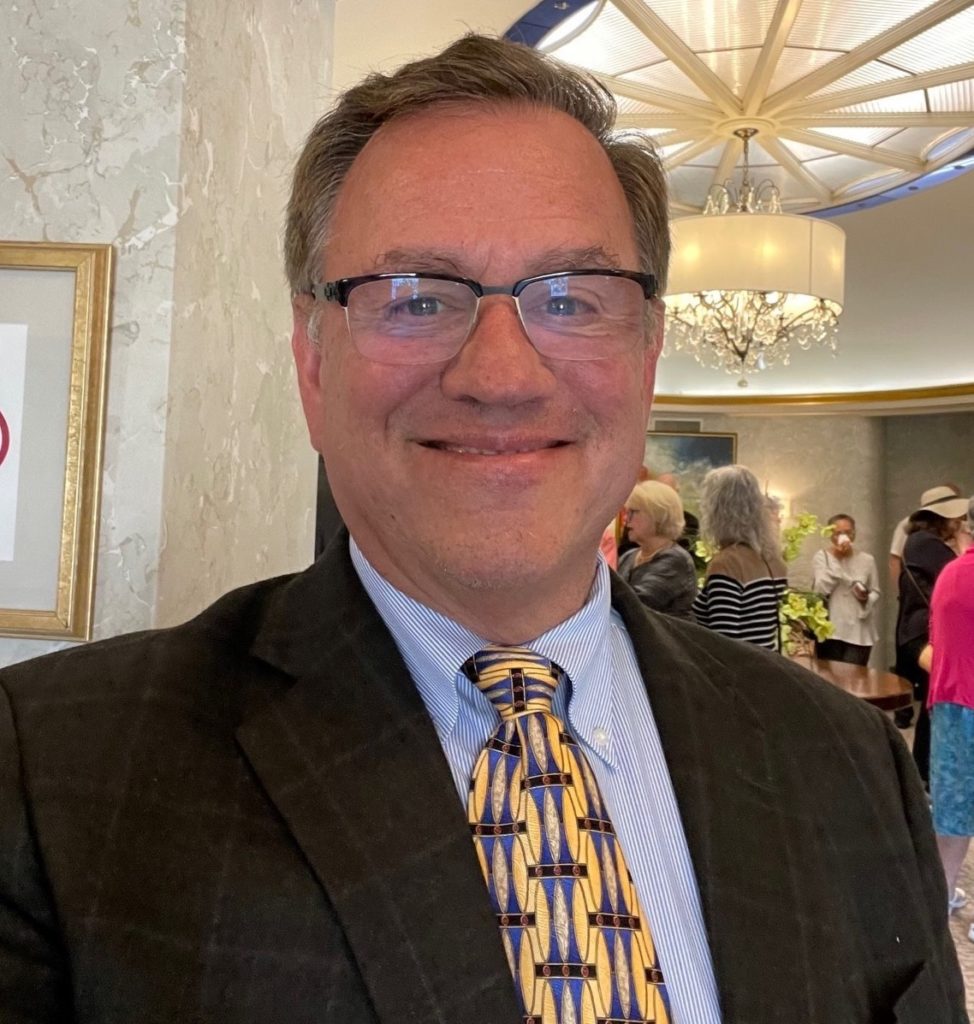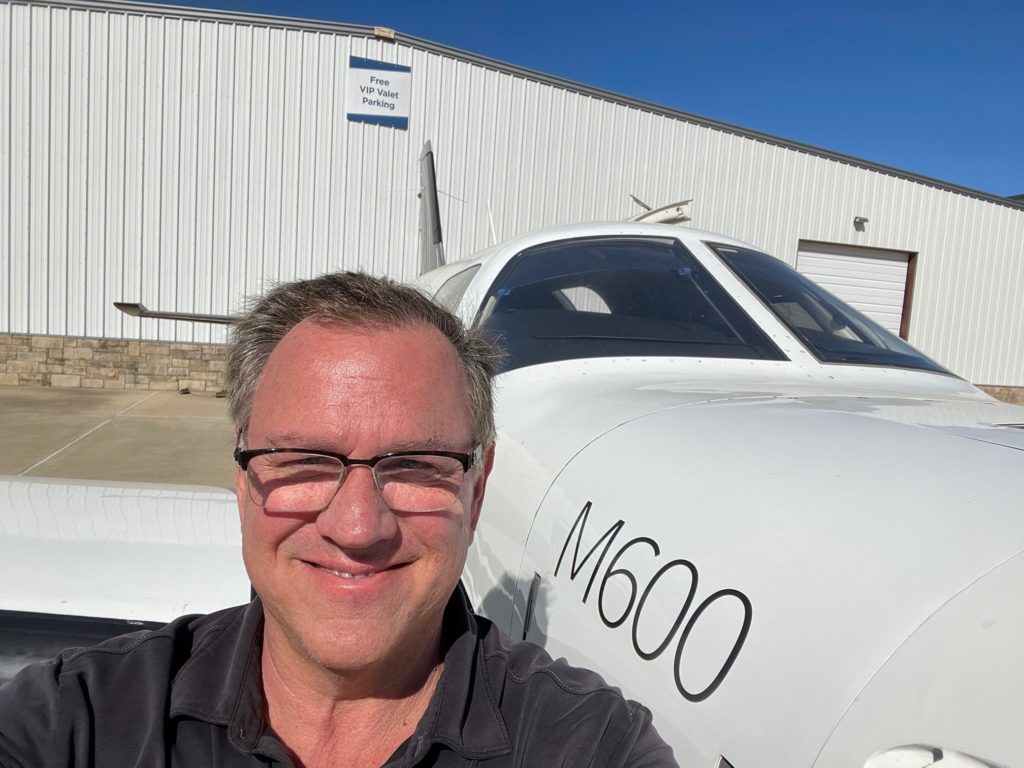
Joel Mack was the only attorney at the office when Latham & Watkins officially opened its doors in Houston, 11 years ago.
“Everybody else had to give notice and leave their firms,” says Mack, the firm’s Land & Resources Houston office chair. “It was very exciting.”
Mack, an environmental lawyer, specializes in the intersection of energy and the environment. Over the course of his career he has advised on environmental matters for:
- the underwriters for Global Foundries in their $2.6 Billion IPO.
- CNX Midstream Partners LP in a $400 Million senior notes offering and tender.
- Chesapeake Energy in its $2.2 Billion Acquisition of Vine Energy.
- Energy Transfer on its Series H Preferred unit offering.
- EQM Midstream Partners in their offerings of $1.9 billion in notes.
- the underwriters in Northern Oil and Gas, Inc.’s public equity offering.
- the initial purchasers of a $500 million upsized placement of notes for Colgate Energy.
- the initial purchasers in a $700 million offering of Indigo Natural Resources notes.
A RARITY IN BIG LAW
He is also an increasingly rare type of Big Law attorney, having spent his entire 35-year career at one firm. Originally from Minnesota, Mack attended the University of Minnesota for his undergraduate degree in sociology and the University of Texas Law school. He graduated in 1984, and after a clerkship joined Latham’s San Diego office. He moved to Houston in 2010 to open the firm’s Houston office and has been here ever since.
Over the years, Mack has developed a widely varied client base, including institutional investors, investment banks, and issuers.
“It’s such a broad range of clients and that’s part of the reason I find it interesting,” Mack said. “When you work on a couple of hundred matters a year and you do that for 30 years, you’ve kind of seen it all.”
Energy executive Rob Hallett first met Mack 20 years ago when he was general counsel at TransAlta Corp., Canada’s largest investor-owned utility. The company had hired Latham to advise them on a coal plant purchase in Washington State.

It was a large deal, one of the bigger deals for the company, but also contentious because of environmental issues associated with the coal-fired plant as well as a nearby coal mine.
“Joel showed up as the partner who was actually working it,” Hallett said. “The thinking was there are a lot of environmental issues that go with this.”
The sale took almost two years to complete and required approval not only from Washington regulators, but also those of other states, including California. While around 20 Latham attorneys worked on the project, Mack led the team because of his environmental expertise.
“Joel shepherded the whole project, and I spent almost two years working with him,” Hallett recalls.
Hallett eventually moved to another company and moved to Houston. He became one of Mack’s closest friends, and helped him when he also moved to Houston a few years later.
In addition to his skills as an attorney, Hallett appreciated Mack’s high level of ethics, highlighted by an incident that occurred when the TransAlta team was meeting lawyers representing the power plant.
“YOU’RE NOT LOOKING AT THAT”
“We were gathering in their office and they put us in a separate board room to wait,” Hallett recalled. “At one point, our CEO at the time went over to pick up a pad of paper on the counter and turned it over. It turned out to be what appeared to be a bid from another party who was our main competitor. He said, ‘I wonder if I should get a browse through it and look at it.’ Joel went over and took it out of his hand and said, ‘You’re not looking at that.’
Mack took the pad, which had probably been left by accident and marched it upstairs, Hallett said.
“I mean, it would’ve been easy for our CEO just to turn pages and see what our competitors bid was, but Joel shut that down and said, ‘We’re not going there. You know, we’re going to play this correctly. He took it. I’m sure he didn’t look at it. He delivered it to the other side.”
Mack didn’t start off as an environmental lawyer. When he joined Latham, he was a in the corporate practice, but realized six months into the job that he didn’t enjoy corporate work, so he asked his superiors if there was something else he could do; and they gave him an environmental project.
“I took it; and it was the start of a 35-year love affair with the field,” Mack said. “It was the perfect practice area for me.”
Environmental law suits Mack’s personality, he said. He finds it intellectually stimulating and all “front page stuff.” Every few years there’s an interesting twist that has kept him motivated and excited about practicing law. Along the way, Mack’s found M&A work in the nexus of the sector.
Over the last twenty years, Mack’s spent almost of half of his time focused on transactions in the energy/environmental space in Houston, as well as national and international deals. He advises clients on risk management issues related to environmental regulatory matters, M&A, private equity, capital markets, securitization and project finance matters as well as tax driven matters like renewable financing.
James Barrett, Latham & Watkins Washington D.C. chair of Environment, Land and Resources Department, first met Mack in 1991 when he joined the firm out of law school. They worked on a matter involving a superfund site in which the firm represented the potentially responsible party.
“HE RAN THE ROOM”
“Joel was considerably younger than a lot of them out there, but pretty much ran the room,” Barrett said. “He’s just a very gifted, super-smart articulate person — prepared and strategic. I learned a ton working with him early on.”
Barrett moved from the San Diego office to the Washington office, but continues working regularly with Mack on a variety of regulatory and project finance issues, including large infrastructure projects such as petrochemical or liquefied natural gas plants.
“At this point in my career, I do a lot of work in the transactional space,” Barrett said. “I owe my skills in that space to him. Early on, I learned by observing and I went to a ton of meetings with him. He’s also a great writer. Writing and drafting contracts is like an art form and I learned a lot.”

Mack’s generosity with his time isn’t limited to helping fellow attorneys. Mack is also a pilot, and when he’s not working at Latham, he enjoys flying his private plane. He flies for a charity called Angel Flight South Central, which enlists private planes and their pilots, like Mack, to fly patients to and from cities like Houston for non-emergency treatment.
“Especially these days, when you might be immune-compromised or in chemotherapy, it really makes a difference,” Mack said. “That’s really a passion of mine, both flying for fun and travel, but also flying to help people.”
Mack’s practice has evolved, and over the last few years his practice has focused increasingly on private equity firms and the energy transition and environmental planning concerns related to environmental and social governance issues (commonly referred to as ESG). Additionally, Mack has seen an uptick in matters related to climate change: particularly carbon footprint reduction and carbon sequestration. M&A and capital markets transactions also make up a lot of his work- he’s usually involved in 100 to 200 transactions a year.
For example, Mack helps clients looking to invest in a chemical company, identifying how each of the chemicals are being affected by regulatory prospects around the world so they know where and how to allocate funds.
“I find that pretty interesting and motivational,” Mack said.
His practice also delves into other matters. Currently, he is advising a client that is looking at litigating with the IRS on the past treatment of some environmental related expenditures.
“So, my expertise in environment, M&A transactions, and how to interpret things arising out of them is really important in the assessment of that dispute,” Mack said.
In fact, Mack’s strength not only lies in knowing the substantive answer to a legal question, but his ability to provide strategic advice to his clients, said Josh Marnitz, Latham & Watkins counsel in Los Angeles.
Marnitz was Mack’s primary associate for five years. In 2020, he was promoted to counsel. Even though the two attorneys worked in different offices, they worked seamlessly together, Marnitz said.
“He is definitely a mentor and a friend,” Marnitz said. “We developed such a relationship over the years that sometimes, when he checks in, it’s just on a personal basis.”
In addition to working together, Mack was an advocate for Marnitz in the firm as well as a mentor.
“He’s such a great person to work with because he takes the time to explain why we’re doing things,” Marnitz said. “He would always take the time to make sure I understood why he was taking the position he was taking, why he explained it a certain way to the client, which I really appreciated.”
FROM CONTAMINATION TO TRANSITION
Over Mack’s more than 30-year career as an environmental lawyer, the practice has undergone changes. The risks companies faced three decades ago involved issues around buying a potentially contaminated site that might require clean-up in the future.
“Those issues are still there,” Mack said. “They were huge 30 years ago, but what we’re seeing now and what really drives companies is, ‘What is my exposure to the transition to a low carbon economy?”
His clients are looking at whether a company is well-positioned relative to the competition, or positioned poorly relative to potential compensation required by those risks, Mack said.
“Then the secondary question is: ’Is it cheap?’” Mack said. “‘Can we buy it cheap and make it better or is it worth paying a premium if they’re well positioned?’ Those are questions that people ask in M&A all the time, but now some portion of their analysis is based on how the company is positioned relative to a low carbon economy.”
Looking ahead, for the balance of his career, Mack wants to work on the energy transition and help his clients and the firm continue to position themselves for a low carbon transition.
“That’s where I think the value I’m going to add for the next several years is going to be: in working on those macro trends and working on transactions that manifest those macro trends,” Mack said.
